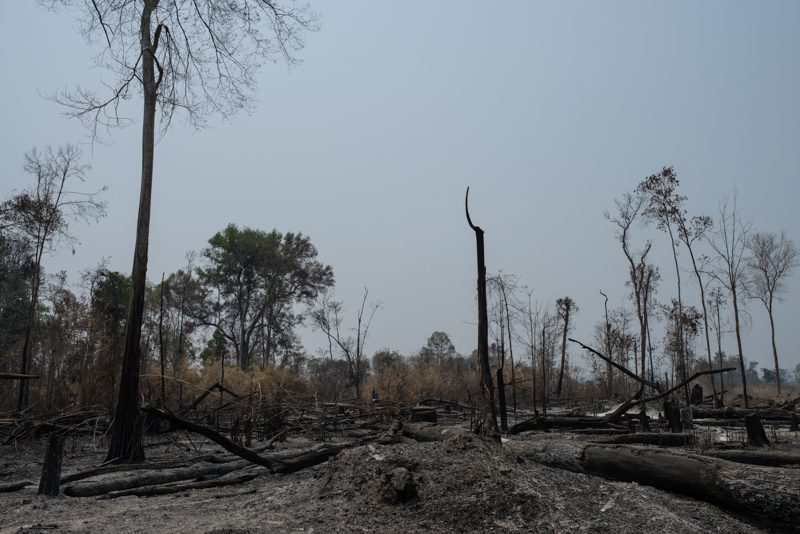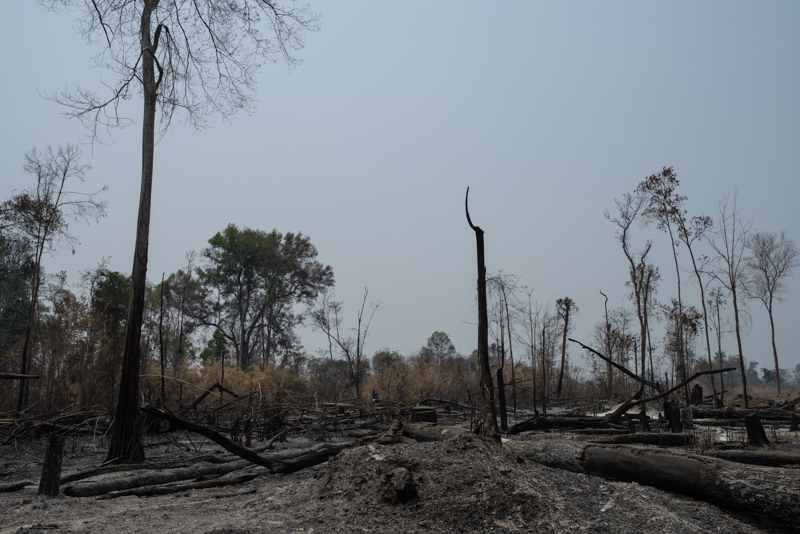Cambodia lost about 18 percent less forest cover in 2015 than it did the year before, according to the latest figures released by researchers at the University of Maryland in the U.S., though the country’s nominally protected areas continue to be hit hard.
In 2015, data the researchers gathered from U.S. satellites showed that Cambodia suffered the fastest acceleration of forest loss in the world between 2001 and 2014 and one of the highest rates of forest loss overall.

The latest data, released on Sunday, show total annual forest loss falling, from 162,000 hectares in 2014 to 133,000 hectares in 2015, leaving about 7.2 million hectares of tree cover across the country.
Cambodia’s rate of forest loss has been falling since 2012, the same year the government stopped approving new economic land concessions (ELCs), vast tracts of land leased out to agribusiness companies often inside protected areas.
Though the government claims the forested areas approved for clearing by the companies are already degraded, it has provided no evidence of degradation, and independent research suggests otherwise.
The university has not yet released detailed data pinpointing exactly where the 2015 losses occurred. But a map produced by the World Resources Institute’s Global Forest Watch using the data shows that much of it continued to occur inside and around ELCs within protected areas.
Officials at the Environment Ministry, which manages the country’s protected areas, could not be reached on Sunday.
Marcus Hardtke, a longtime conservationist in Cambodia, said the losses may have slowed, but were far from over.
“The overall trend continues. The deforestation hotspots are by and large still the same,” he said.
Mr. Hardtke also said that the data almost certainly undervalued the actual losses because they missed the select logging of the most lucrative trees, which thins forest cover, but not enough for the satellites to detect.
The government has canceled dozens of ELCs since its moratorium on new concessions five years ago. But it has also given a pass to many ELCs that, in breach of Cambodian law, failed to carry out the impact assessments required prior to approval.
“The ELCs remain a major problem as long as they are operating sawmills with near-impunity,” Mr. Hardtke said. “The timber flow into these compounds continues, even in cases where a concession is already deforested within its boundaries. This timber laundering remains a major problem.”




